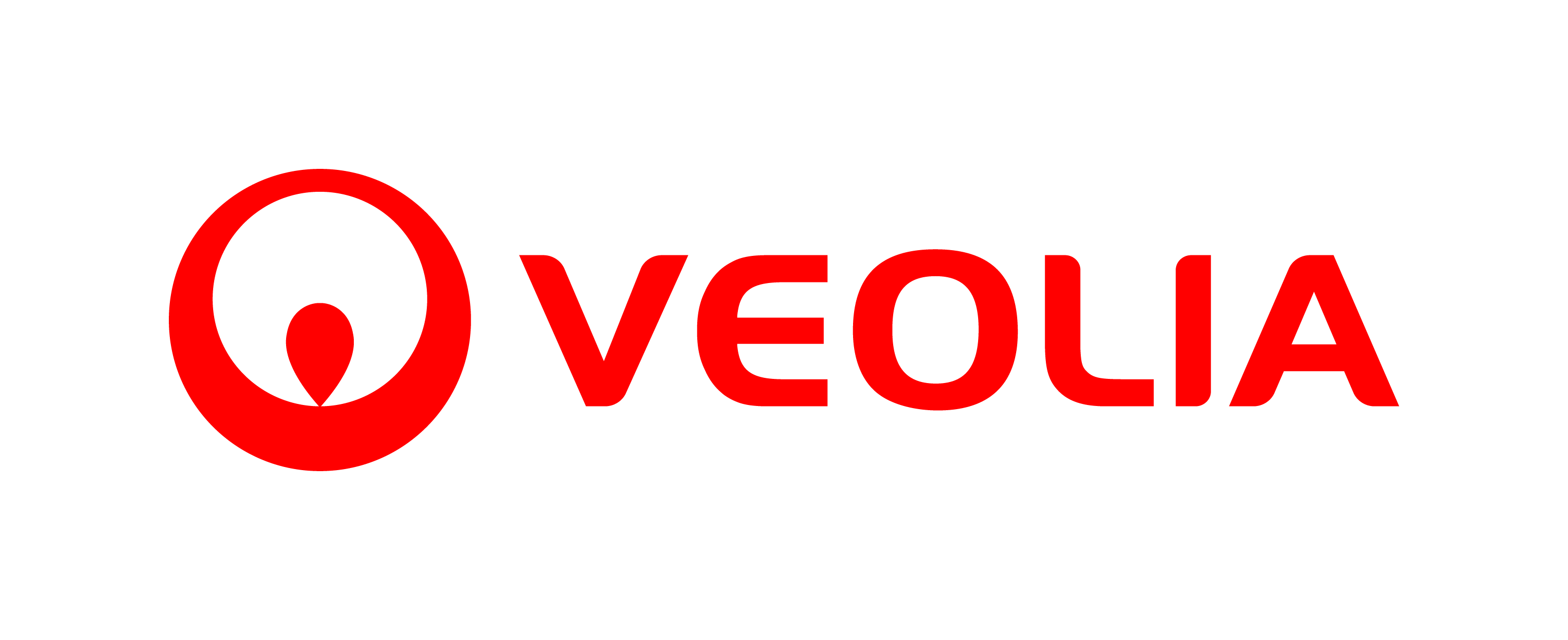Corporate social responsibility
Sustainability
As a business, we consistently review how we use our utilities to help build a more sustainable future.
Our brands have their own CSR policies and we execute these according to their exacting standards. Below are some of the sustainable activities that Welcome Break and our partner brands undertake. Should you want to know any further information, please visit our brands' respective websites for more information.
Energy
We have replaced our lighting with more energy-efficient LEDs across the Welcome Break group to save energy, and are using Smart Meters as a way of monitoring and reducing energy usage across our sites. We are also growing our Tesla Supercharger network of charging stations to support the increasing number of electric cars on the road. We have also installed Dyson Low Energy Dryers across all Welcome Break locations, each of which uses only a sixth of the energy of conventional hand dryers.
Waste disposal
As we expand and are able to offer our customers more great brands, we have installed more efficient recycling systems to make sure that we were still able to recycle responsibly. We manage all areas of the business to reduce waste where possible. Any wastage is disposed of in a responsible manner and in line with all environmental and other legislation.
Waitrose has led pioneering changes and implemented a robust reduction policy. This has helped achieve a YOY reduction in food waste equivalent to 655k items over the last two years.
In addition to this, all food waste is removed from the site and is disposed of anaerobically, not to landfill, as part of their continued commitment to the environment.
Environment
Starbucks is working to solve cup recycling and has put in place a strategy to minimise the waste they generate inside and outside their stores and when customers buy re-usable cups they receive 25p off their drink. Building green stores, preserving water and minimising their environmental footprint are top of their to-do list.
Espresso machines deliver less water to wash shot glasses and also save water by using the latest spec appliances saving up to 5 litres of water on washing cycles.
Store designs are more eco-conscious, for instance, we use LED lighting and paints with lower amounts of volatile organic chemicals.
Ethical sourcing
99% of Starbucks coffee is ethically sourced and accredited by Conservation International under CAFE Practices programme. Starbucks coffee is also accredited by Fairtrade in some of the large European markets.
Starbucks also supports farmer centres in Costa Rica and Rwanda to provide local farmers with resources and expertise to help improve the quality and lower their cost of production.
Starbucks knows its supply chain inside out, bringing you unique, sustainably produced coffee from across the world.
Environmental stewardship is at the heart of how KFC do business. With nearly 43,000 restaurants and rapid growth around the globe, KFC acknowledges its role to be an environmentally responsible corporate steward. The business is committed to reducing its environmental footprint for the benefit of customers, stakeholders and the planet.
KFC welcomes the opportunity to drive environmental sustainability priorities and best practices into day-to-day business. It does this by following the principles it uses to operate great restaurants, namely by educating people and setting breakthrough goals.
KFC is one of the first Quick Service Retail (QSR) brands to display calories on menu boards and to stop salting fries. They also continue to work on reducing bad fats in all food, whilst all oil is Palm free. All KFC packaging is made from recycled or sustainable sources.
KFC chicken is farmed to Red Tractor standards; sourced from British farms, and delivered to store within 48 hours.
Lighter options are continually being added onto the menu, such as corn on the cob, salads, BBQ beans, fruit juice and diet drinks. Iced tea and blackcurrant and apple juice have also been added onto the dispensing towers.
Animal welfare
The well-being of animals used in the production of foods for restaurants is very important. KFC works closely with the experts on Animal Welfare Advisory Council to ensure the application of science-based, humane animal handling practices. Suppliers are expected to humanely handle animals and their performance is monitored. KFC's goal is to work only with suppliers that demonstrate and maintain compliance with animal welfare practices.
As a corporation, BK defines corporate responsibility as looking beyond a strong bottom line to consider the impact of everything it does. It’s about doing the right thing as a corporate citizen in today’s global marketplace while successfully meeting business goals and objectives.
To BK, corporate responsibility isn’t about a final destination; it’s about an ongoing journey. Its policies and procedures will evolve and change as the landscape in which they do business evolves and changes.
BK know that being responsible today, the better their business will be in the future. It will help manage risk, enhance employee morale and retention, strengthen brand loyalty, build goodwill in and strengthen the communities in which they operate and can directly affect the bottom line in terms of energy savings and waste reduction. BK knows that it must be a way of thinking and fully embedded within their brand. The brand's approach is stakeholder-driven, focused on four key areas – Food, People, Environment and Corporate Governance.

For 3 years, Veolia has supported Welcome Break as your waste partner of choice across your MSA network. 2021 demonstrated the strength of the working partnership established between Veolia and Welcome Break.
Highlights
Total waste handled: 7,492 tonnes
Total waste recycled: 1,240 tonnes
Total waste to energy: 2,479 tonnes
Landfill diversion: 99.5%